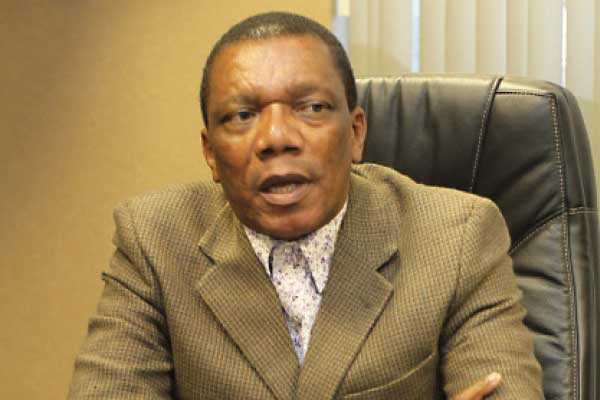Bid rigging to be criminalised
Competition Authority has proposed an amendment bill to criminalise cartel behaviour in Botswana as a way of trying to prevent the conduct that will likely reduce incidences of bid collusions that result in rigging. Competition Authority Legal and enforcement Director, Duncan Morotsi said bid rigging is one of the major acts in the country but it is still difficult for the Authority to detect.
“Procurement officers must be involved in combating bid rigging. We should have a mechanism where public officers are fighting bid rigging because the act is there but we cannot easily detect it yet,” he said. Speaking during the Competition Authority bid-rigging workshop on Tuesday, Morotsi said bid rigging is not a criminal conduct under the Competition Authority law, but the amendment is proposed to punish those officials engaged in the conduct. “We are working closely with procurement entities to try to combat bid rigging in public procurement but the procurement law is there to black list serial offenders,” he said.
He said under the competition Act bid rigging involves agreement between enterprises whereby in response for bids one of the agreements agrees to submit a bid or the parties agree upon the price terms and conditions of a bid to be submitted. “Batswana should help prevent bid-rigging. Going forward we are saying let’s search ourselves and see how we can have a perfect market play,” said Morotsi, adding that the Whistle blowing Act bill is still awaiting approval by the cabinet. Although he could not state the exact figures, he said Bid Rigging cases account for approximately 40 percent of the restrictive business cases handled by the Competition Authority since establishment in 2012.
Citing some cases of bid rigging held by the authority, Morotsi said the cartel is most common in the car panel beating enterprises but it is difficult to reverse the harm. “Car panel beating enterprises mostly engage into this conduct when they are bidding to the insurance companies. The problem is difficult to solve because the insurance industry also increases the premiums to cover up the cost of repairing cars”. In his address Minister of Investment, Trade and Industry, Vincent Seretse said government desires to make public procurement in this country fully functional and transparent. “It is my hope that we will engage and find better ways of detecting bid-rigging which continues to bleed government coffers millions of Pula and undermine the quality of projects and services that we render to the public,” said Seretse.
He said the local procurement adjudicating board (Public Procurement and Asset Disposal Board PPADB) through its Act and Regulations has spelt out issues of bid rigging in the spirit of fair and transparent competition in the public procurement system. He said public tenders are one way in which the country can promote fair and transparent trade as most of government budget is spent on public procurement of goods and services. In the current financial year alone, the government’s development budget stands at about P13.81 billion. Seretse highlighted that bid rigging can increase the costs of goods and services by up to 20 percent or more, and data has shown that the cost is around 35 percent to 55 percent for developing countries.
“The victims of bid-rigging are customers and in public procurement where the customer is the Government, the harm extends to the whole economy, as the high prices paid to unscrupulous bidders affect other developmental goals,” he said. He explained that the impact is particularly serious when it involves the provision of essential goods and services that affect the lives and well - being of citizens. “In view of this background, it cannot be over-emphasised that the fight against bid-rigging is crucial for enhancing the economy of Botswana. As a developing country, the Government of Botswana is a major consumer of goods and services and we must be concerned about this trend where public money worth millions of Pula is lost through a tapestry of collusive activities,” said Seretse.






